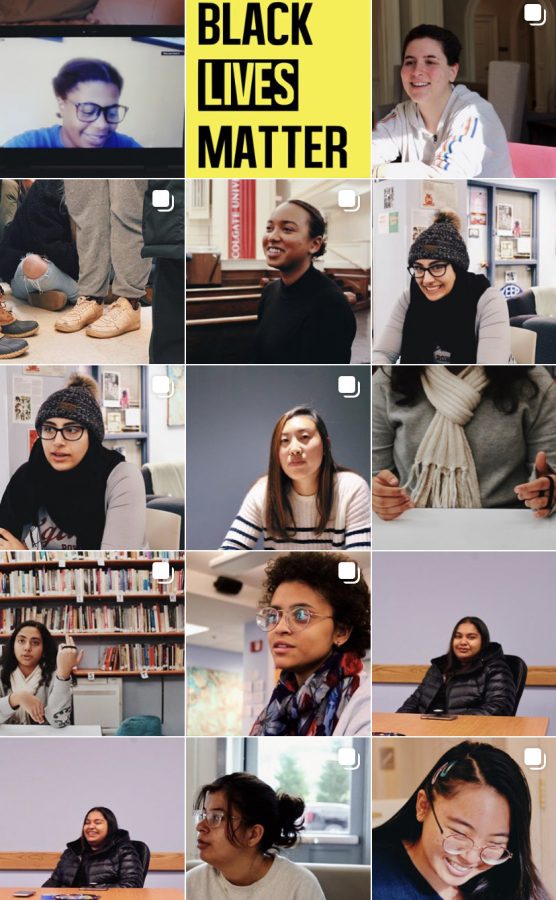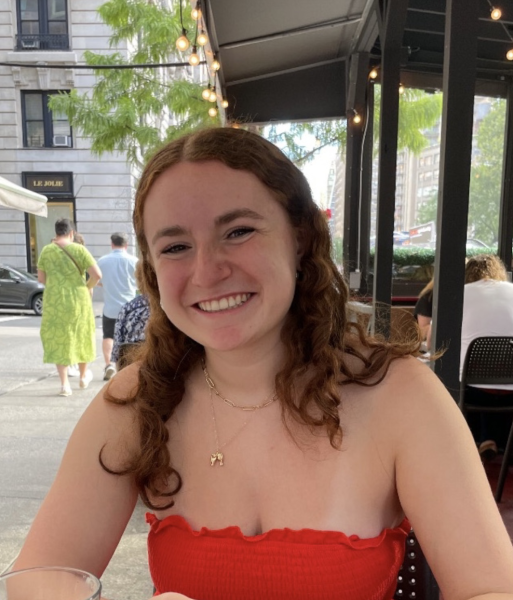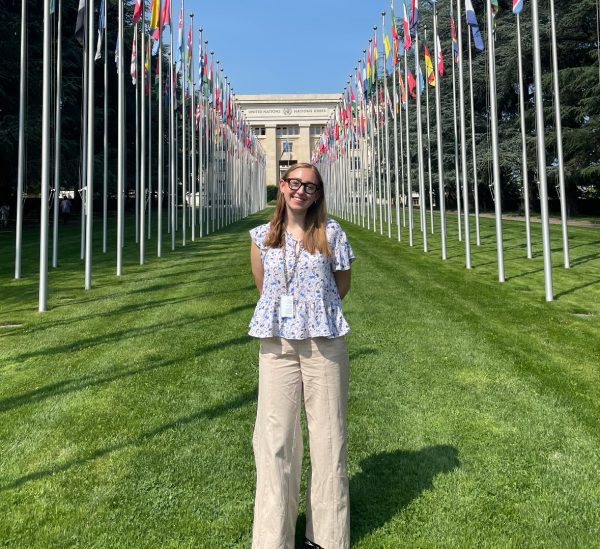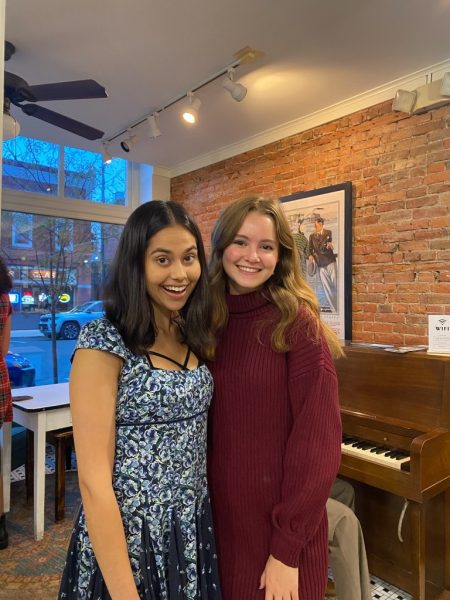Colgate Unspoken
A platform “for the people whose voices are too frequently silenced,” Colgate Unspoken was created with the Center for Women’s Studies’ (WMST) intersectional model of inclusion and conversation in mind. The page was launched last year fall by junior August Halbach, a WMST intern with a desire to pursue storytelling as a form of activism in order to amplify the voices of minority communities on campus.
“This campus has had a long history of making people who hold minority identities feel powerless, and I wanted to create something that makes people feel they have power over their narratives and their experiences,” he said.
In addition to holding space in celebration of voices and stories that are silenced on campus, Unspoken seeks to foster a sense of community and connection among Colgate students.
“We all have stories. … we so often focus on the differences in each other, and I wanted to create something that made it clear that there’s someone on this campus who understands what you’re saying — what you’re feeling, even if you’ve never talked about it to anyone,” Halbach said. “This is particularly important for minority communities on this campus — people of color, particularly women of color, queer folx and those who overlap in those identities.”
The Instagram page features students’ stories about everything from family to religion to Colgate experiences. Junior Larsen Klein, a follower of the Unspoken page, argues that the articulation of real stories is what makes the page so impactful.
“Unspoken is so powerful because it is citing the exact lived experiences of folks on campus. My hope is that with more exposure to the experiences of marginalized identities on this campus, we can begin to eradicate the racist, heterosexist, xenophobic attitudes that control Colgate’s campus and social spaces,” Klein said.
Junior Haley Ryan, another Unspoken follower, echoed Klein’s remarks in suggesting that the candidness of Unspoken stories contributes to their impact.
“I appreciate that people get to share their entire stories unfiltered on this page,” Ryan said. “I think the Colgate community as a whole needs to do a lot better at listening to each other’s experiences and empathizing with one another, and I appreciate that this page provides a way for those types of interactions to happen.”
Through sharing stories, Unspoken emphasizes the role of pervasive rhetoric in producing recurring discriminatory campus “incidents.”
“The whiteboard incident. The glue-gun incident. Racist, homophobic and xenophobic rhetoric is constantly present on this campus,” Halbach said. “The pain of this is constant in the hearts of the people on the receiving end of the moments that the campus largely writes off so that we can move on from them — as if they’re temporary and unimportant to the bigger picture of this campus. But these moments are the bigger picture. These “incidents” take away the voices and experiences of so many people on this campus.”
According to Halbach, Unspoken remains an evolving “learning process.” Since the resurgence of Black Lives Matter protests in response to the murders of George Floyd and Breonna Taylor, and the shooting of Jacob Blake, there have been a number of accounts created by students of color for students of color focused on campus-based grievances and experiences. As a white student, Halbach notes that he is constantly checking his privilege on campus and in Unspoken’s virtual space.
“I have to understand that the goals of the page should reflect the needs of the communities I’m trying to reach out to. I have to understand … the privilege that comes with asking BIPOC folx questions as a white person who has benefitted from systematic racism,” Halbach said. “I changed the goals of Unspoken so that I was not taking voices or time from these creators. As a result, my interviews this year are based more on storytelling and in exploring people’s senses of home and belonging and where they feel safest.”
Unspoken’s depiction of real experiences is mirrored in its authentic, candid photography that comprises the feed. According to Halbach, unposed photographs eliminate the subject’s burden of scrutinizing an image of themselves.
“I tossed around the idea of letting interviewees send me photos that they had taken of themselves. But then I thought about how I feel picking and posting photos of myself for my own personal Instagram page. I nitpick. I look at parts of myself I don’t like. And I edit to make myself look the way I think I need to look to be considered attractive or worthy. I didn’t want the people I was interviewing to go through that process for a page about finding beauty and power in the every day,” he said.
In a few paragraphs about family and siblings and home, Unspoken posts function as platforms to amplify students’ experiences in order to find power in everyday moments.
“Colgate Unspoken may just be an Instagram account, but what drives it is a need for groups to be heard and seen just as much as the racism that targets them,” Halbach said. “The posts may be short and talk about family and home and sisters and brothers and moms and dads, but we all have brothers and sisters and moms and dads and homes, and theirs matter more than white supremacy allows credit for. Unspoken is an attempt to show up for them.”














